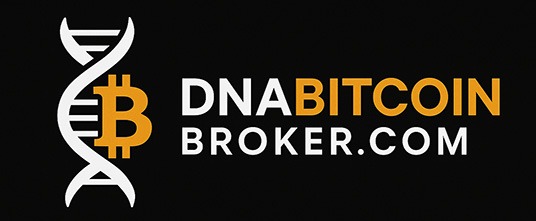The SEC has continued to make history by giving the green light to spot Ether ETFs. As a result, it started trading on Tuesday, 23rd July 2024. Its implementation will impact the Cryptocurrency investment market as it is a new and important move in this field.
What Are Spot Ether ETFs?
Spot Ether ETFs are investment tools that aim to reflect the market price for Ether (ETH). It is safe to say that this is a unique digital asset that forms the bedrock of the Ethereum protocol. The spot ETFs prices are anchored on the current price of Ether.
The following spot Ether ETFs have effective prospectuses as of the morning of the approval date:
- 21Shares Core Ethereum ETF (CETH).
- Bitwise Ethereum ETF (ETHW).
- Fidelity Ethereum Fund (FETH).
- Franklin Ethereum Trust (EZET).
- Invesco Galaxy Ethereum ETF (QETH).
- iShares Ethereum Trust ETF (ETHA).
- VanEck Ethereum ETF (ETHV).
- Grayscale Ethereum Trust (ETHE).
- Grayscale Ethereum Mini Trust (ETH).
On the eve of 23rd July, Ether was up around 2.6%, a reflection of investor optimism following the SEC’s decision.
Optimism and Market Impact
This financial product has already unveiled its potential in line with spot Bitcoin ETFs that started trading earlier this year. Bitcoin ETFs have put a lot of demand in the basket, which has seen the value of Bitcoin rise to astronomical figures.
Bloomberg Intelligence analyst James Seyffart opined that spot Ether ETFs may garner 20%-25% of the level that spot Bitcoin ETFs received in the initial months. The Bitwise chief investment officer Matt Hougan shares this passion and estimates that new Ether ETFs could attract $15 billion (£11.7bn) in the next 18 months. According to Hougan, Ether prices could easily rise to and even break through $5,000 (£3,900) due to this surge.
The Staking Conundrum
Ethereum currently uses the proof-of-stake consensus algorithm in which Ether users send them to “validators” who check various transactions in the network and get a reward for them. It differs from Bitcoin’s proof-of-work algorithm, which uses competing nodes.
Moreover, the SEC has been raising concerns on whether staked Ether is a security, hence coming under SEC regulation. This classification is important because the SEC previously considered staking a securities sale and even filed legal action against Blockchain technology firm Consensys for offering access to staked Ether.
Nevertheless, spot Ether ETFs will not be able to stake the Ether in their possession. This decision is a reaction to the trepidation of the SEC and can result in the loss of potential gains beyond the standard return rates for investors.
In an interview, SEC Commissioner Hester Peirce said features like staking could be revisited in the future depending on the changing regulatory environments and markets.
All in all, the approval of spot Ether ETFs by the SEC is a step in the right direction and could attract a great deal of fresh capital into the Crypto world. However, staking as regulatory classification still exists. This move is still perceived as a plus for Ether and general investing in Cryptocurrencies.
All in all, investing in Cryptocurrency will continue to evolve as the market reacts and new regulatory clarifications emerge.
Image Source: Adobe Stock
Disclaimer: This article is provided for informational purposes only. It is not offered or intended to be used for legal, tax, investment or financial advice.












